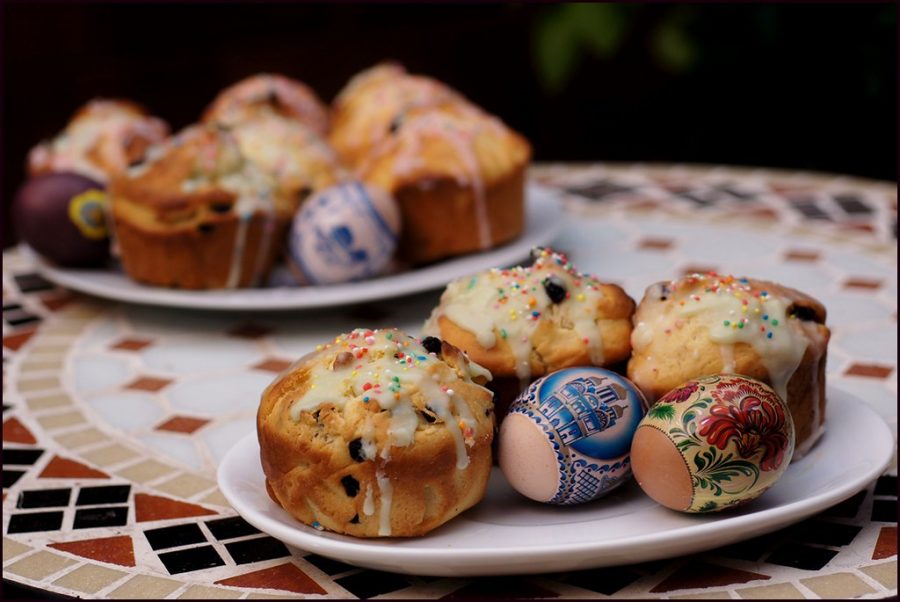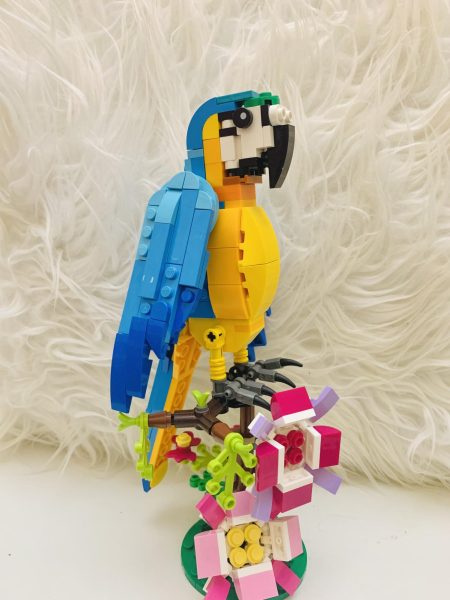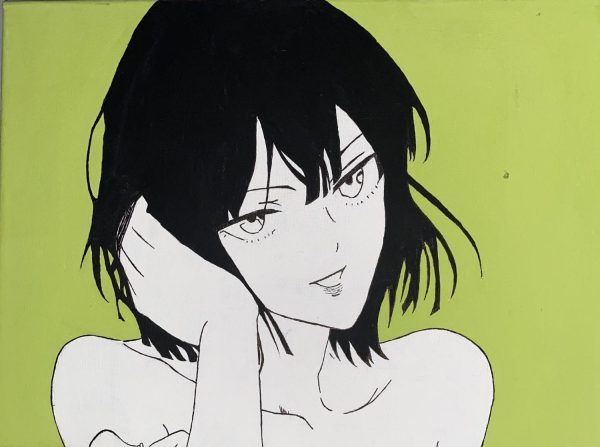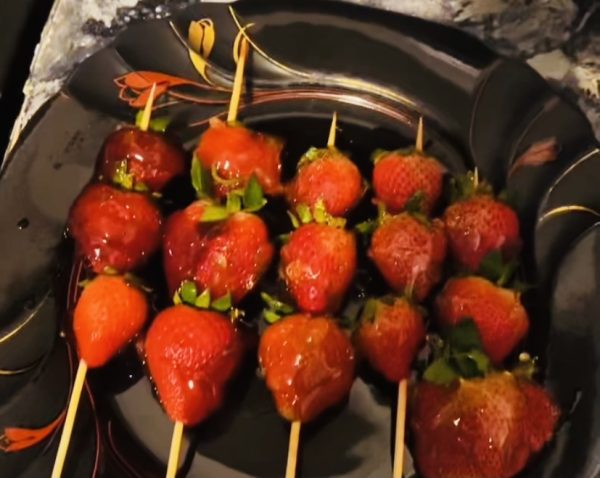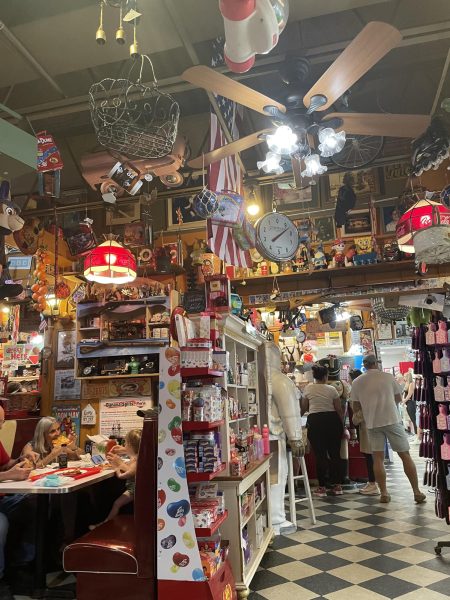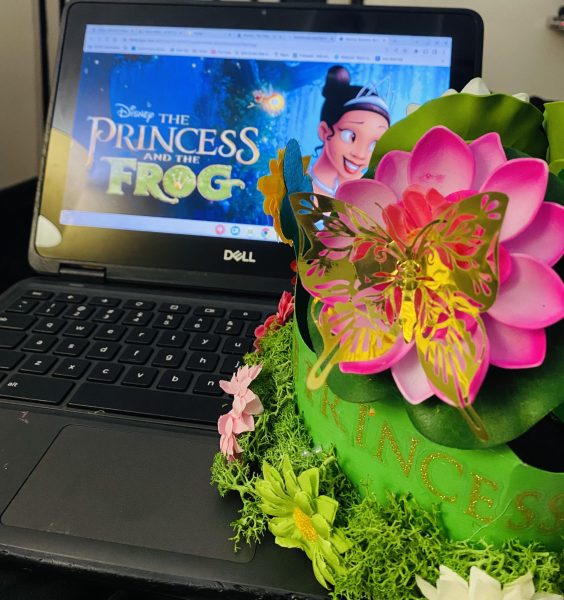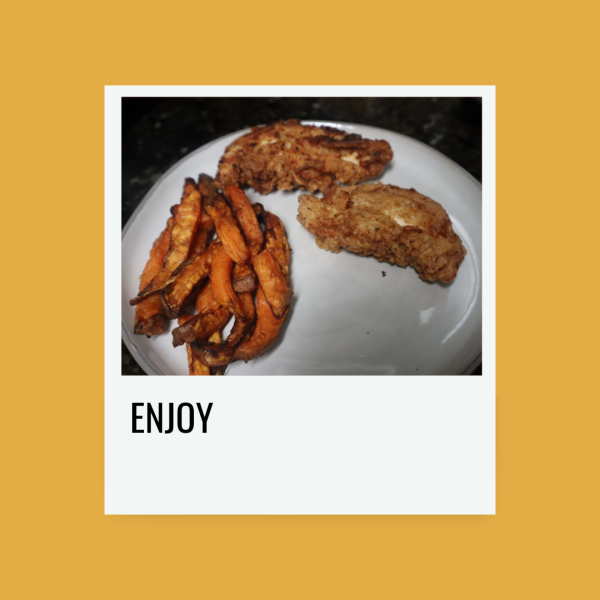The Celebration Of Orthodox Easter
Orthodox Easter Food
May 2, 2021
Orthodox Easter is usually celebrated by many Orthodox Christian churches, including the Greek Orthodox and the Russian Orthodox churches. Sunday, May 2, 2021, is Orthodox Easter, also known as Greek Easter. Greek Easter is celebrated because for many around the world Easter falls on a different date, yet those who celebrate Orthodox Easter usually attend Orthodox Christian churches versus someone who attends a Christian or Catholic church.
Now Orthodox Easter isn’t all fun and games, there are many more traditions that come into play versus what goes on during Easter Sunday. Orthodox Easter preparations begin with 40 days of strict fasting prior to Easter Day. Many people attend church and ceremonies during the Holy Week that lead up to Orthodox Easter as well.
In my family, those who are strictly Orthodox Christian attend church and fast for 40 days. However, those like me who are not strictly Orthodox Christians participate in the traditions on the day of Greek Easter. My favorite is the Red Eggs which is also known as kókkino avgó. These eggs are made by boiling them and then either with onion skins or dye and then woven and baked into a tsoureki which is a three-braided Easter Bread, they are also used as decorations and then used to play a game called tsougrisma. The game tests the eggs’ strength and the player’s strategy.
The game is played by clinking together two eggs which is where the name tsougrisma comes from. As you clink the eggs together one player says “Christos Anesti” (Christ has risen!), and the other says “Alithos Anesti” (Indeed he has risen!). The game is played between everyone and the point of the game is to not get your egg cracked. The one player at the end of the game without a crack on their egg will have good luck throughout the year. Those who have cracks in their eggs peel them in order to make a dish or have them as a snack. The other tradition is when eating the tsoureki we look for a lucky coin inside our piece. This also brings good luck throughout the year.
Those two traditions are honestly the most important in my family as we like to have fun during this holiday. We enjoy the greek food that is prepared and have a good time. It’s always fun because it makes me feel good knowing that I celebrate a holiday because I am Greek. Another is it’s so much fun to meet others who celebrate this holiday because it’s different in each family so it’s really interesting to hear and talk about.

